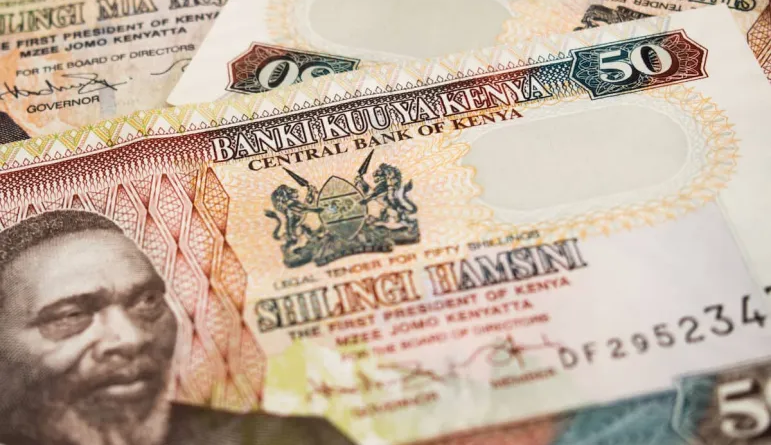Kenya. State lost Sh67bn in irregular pension payments, audit shows
What you need to know:
- Sh21 billion was paid to 29,387 claimants with shared bank accounts.
- Sh44.07 billion was irregularly paid to 221,590 claimants with irregular and no tax PIN.
- Sh1.62 billion paid in lump sum to 962 claimants before their exit dates from public service.
The government lost at least Sh67 billion in irregular payments made by the National Treasury’s pensions department, a recent audit by the Auditor-General revealed.
The amount paid to undeserving cases is sufficient to construct enough boreholes to address the challenges of water in drought-stricken areas, recruit enough teachers for Junior Secondary Schools, construct classrooms and equip science laboratories, according to data from the Parliamentary Budget Office.
The performance audit report on the administration of the public service pensions scheme blames weaknesses in the Pension Management Information System (PMIS) for the irregular payments.
The audit notes that an analysis of records indicates that the system “falls short of characteristics of a good system since it has allowed” irregular enrolment of pensioners, payment of lump sum before officers’ date of exit, shared and irregular identification number and the tax PINs.
The audit attributes the system anomalies to lack of separation of duties for the PMIS administration and lack of system triggers “which could detect and flag such irregular entries”.
“The effect of the anomalies in the PMIS is irregular payments that have compromised the operations and has resulted in many beneficiaries waiting for too long to get paid,” the audit report reads.
PMIS is used by the pensions department to process and pay pension benefits to claimants once the necessary approvals in line with the law have been made.
Foolproof support
However, PMIS has not been offering foolproof support in the processing and payment of pensions and gratuities “since the system has allowed irregular entries and duplications in the information entered and processed”.
The audit report indicates that the provision of funding for payment of pensions has been at 99 per cent as per the data at the Treasury.
The government has spent Sh199 billion on payment of pensions and gratuities to pensioners and dependants between the financial years 2012/13 and 2016/17, with the expenditure increasing at an average rate of 25 per cent every year over the period.
Other irregularities captured by the performance audit include shared bank account numbers and officers not on permanent and pensionable terms of service being enrolled into the PMIS for payment of pension.
Questionable payments
The audit report shows that of the questionable payments, Sh44.07 billion was irregularly paid to 221,590 claimants with irregular and no tax PIN, Sh21 billion was paid to 29,387 claimants with shared bank accounts and Sh1.62 billion paid in lump sum to 962 claimants before their exit dates from public service.
There is also Sh555.94 million paid to 419 people irregularly enrolled in the PMIS, Sh492.17 million to 213 persons not on pensionable terms of service, Sh152.85 million to 232 individuals with shared IDs and Sh27 million to 117 of the 273 pensioners with questionable enrolment dates. The enrolment dates indicated years beyond 2018—when the audit was undertaken—ranging between year 2022 and 2099.
About 156 of the 273 are yet to be paid and “though the pensions department indicated that these entries could have been in error”.
The audit further raised fears that the government may have also been losing money sent to bank accounts of deceased pensioners and dependants since the audit has established that there are no measures put in place by the pensions department to seek proof of life.
The report does not indicate the amount paid to 7,166 claimants with irregular IDs, even as it notes that the “most important characteristics of any management information system are those that give decision-makers confidence that their actions will have the desired consequences”.
“Specifically, the system should ensure relevance, accuracy, usefulness, timeliness and completeness. It should therefore eliminate data duplication, reduce errors, enhance data security, reliability, robustness and increase user confidence,” the audit report states.
Data from the PBO indicates that the Sh67 billion irregularly paid by the pensions department is enough to construct 6,700 boreholes complete with all the fittings.
The amount is also enough to build at least 16,000 fully equipped and integrated laboratories for students in secondary schools.
Read more @nation.africa











